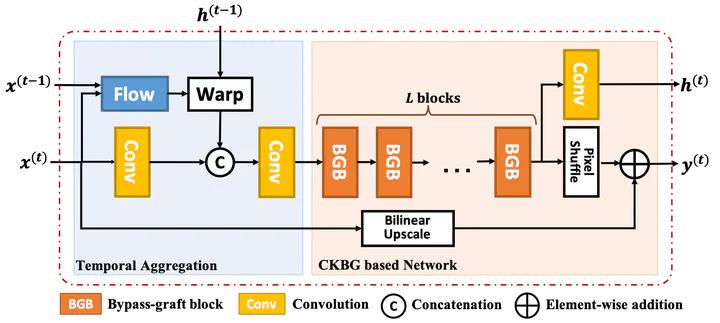Boosting Object Detectors via Strong-Classification Weak-Localization Pretraining in Remote Sensing Imagery
 Image credit: HongBo
Image credit: HongBo
Abstract
Deep learning-based object detectors in remote sensing (RS) scenarios typically follow the paradigm of pretraining and fine-tuning to alleviate the limitation of insufficient downstream data. Despite the improved performance, existing pretraining paradigms are suboptimal due to three deficiencies, 1) inconsistent domains, i.e., pretraining on natural scenes and fine-tuning for RS scenes; 2) mismatched task objectives, i.e., classification-oriented pretraining while detection-oriented fine-tuning; and 3) misaligned architectures, i.e., pretraining only one bare backbone yet neglecting other vital detection components. Against these issues, this article proposes a novel pretraining paradigm specifically for the task of RS object detection, namely, RS strong-classification weak-localization (SCWL) pretraining. Unlike conventional classification pretraining, such as the widely used ImageNet pretraining, our pretraining strategy can adaptively perform bounding box generation on a reconstructed large-scale RS classification-style dataset. These pseudobounding boxes are integrated with the original accurate class labels as location- and category-related supervisions, respectively, to pretrain the entire RS detectors. The proposed RS SCWL pretraining paradigm is able to significantly improve downstream detection performance and outperforms classification pretraining methods, including ImageNet pretraining. Extensive experiments on different object detection datasets demonstrate its effectiveness and superiority in boosting various RS detectors.